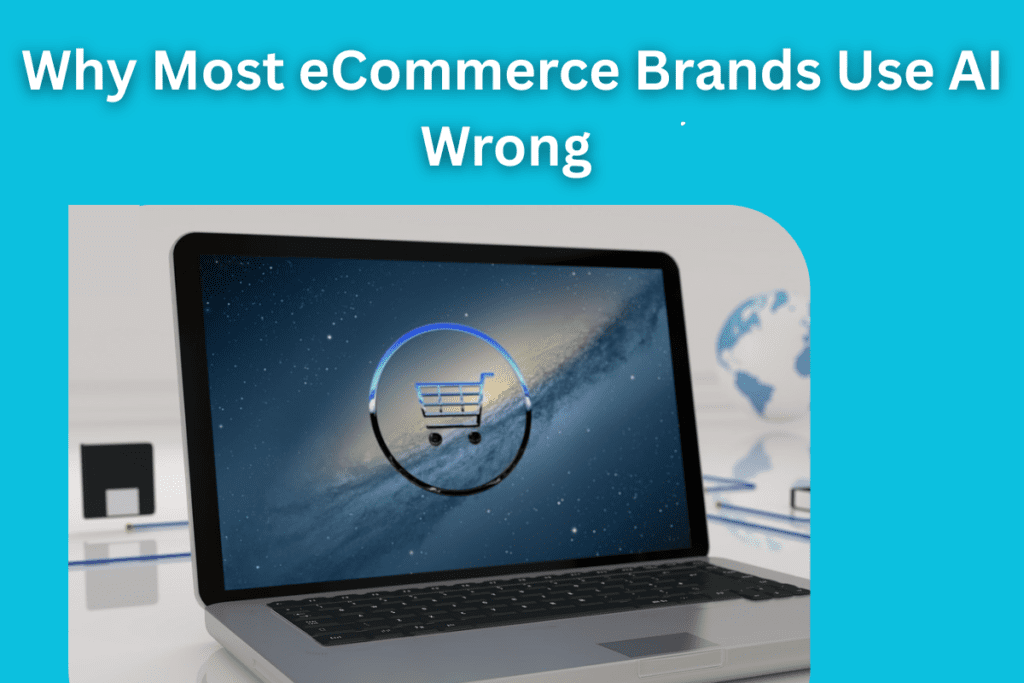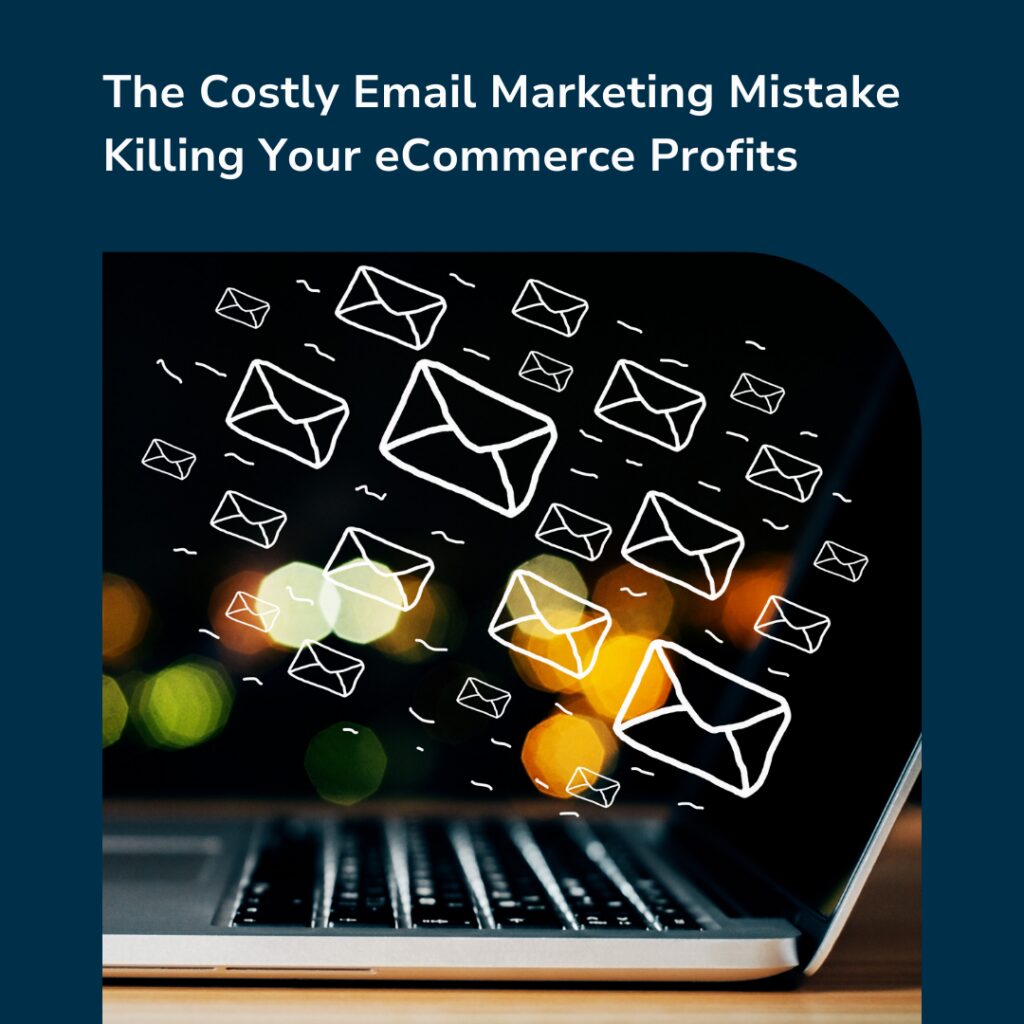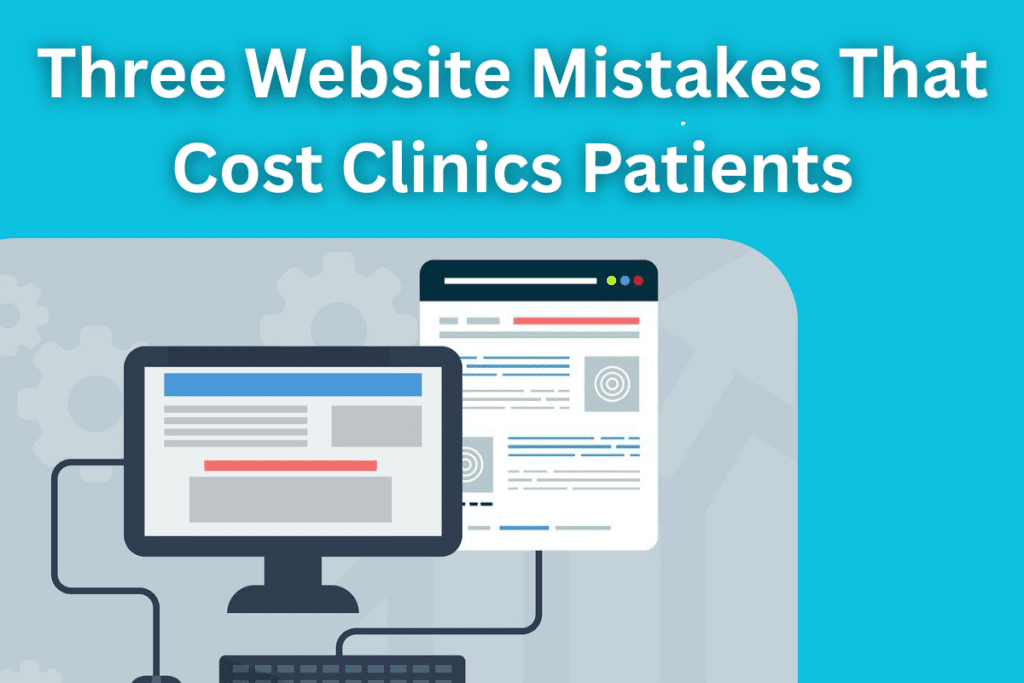In today’s highly competitive business landscape, effective branding has become a critical element for success. A strong brand not only differentiates a business from its competitors but also creates a lasting impression on consumers. In this blog, we will delve into the world of branding and explore key brand insights from a business perspective.
Understanding Branding: Building the Foundation
Branding is the process of creating a distinct identity for a business, product, or service. It encompasses various elements that collectively shape how a brand is perceived by its target audience. To establish a strong foundation for branding, businesses need to consider the following factors:
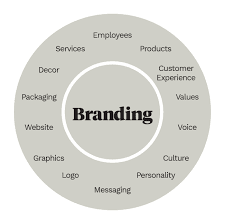
Defining Branding: A comprehensive overview
Brand Identity
Branding is more than just a logo or a catchy tagline. It is the sum total of a business’s values, personality, messaging, and visual elements. A comprehensive understanding of branding involves considering how all these elements work together to create a consistent and compelling brand image.
Brand identity represents the visual and verbal aspects that define a brand’s personality. It includes elements such as logos, colours, typography, and tone of voice. A well-crafted brand identity helps businesses establish recognition, build trust, and differentiate themselves in the market.
Brand Promise
A brand promise is the commitment a business makes to its customers. It sets the expectations for the experience consumers can expect when engaging with the brand. Aligning the brand promise with customer expectations and consistently delivering on it is crucial for building trust and loyalty.
The Strategic Power of Branding
Branding goes beyond creating a recognizable image; it plays a strategic role in driving business success. Here are some key insights into the strategic power of branding:
Differentiation: Standing Out in a Crowded Market
In a saturated market, standing out is essential. Effective branding helps businesses identify and communicate their unique selling propositions (USPs) to differentiate themselves from competitors. By highlighting what sets them apart, businesses can attract their target audience and build a competitive advantage.
Emotional Connection: Winning Hearts and Minds
Emotions play a significant role in consumer decision-making. Brands that can evoke positive emotions and create meaningful connections with their audience have a higher chance of building brand loyalty. Storytelling is a powerful tool for forging emotional connections, allowing businesses to engage customers on a deeper level.
Brand Loyalty: Cultivating Long-Term Relationships
Building brand loyalty is crucial for long-term success. Loyal customers not only make repeat purchases but also act as brand advocates, spreading positive word-of-mouth. By delivering exceptional experiences, maintaining consistency, and offering added value, businesses can cultivate strong brand loyalty.
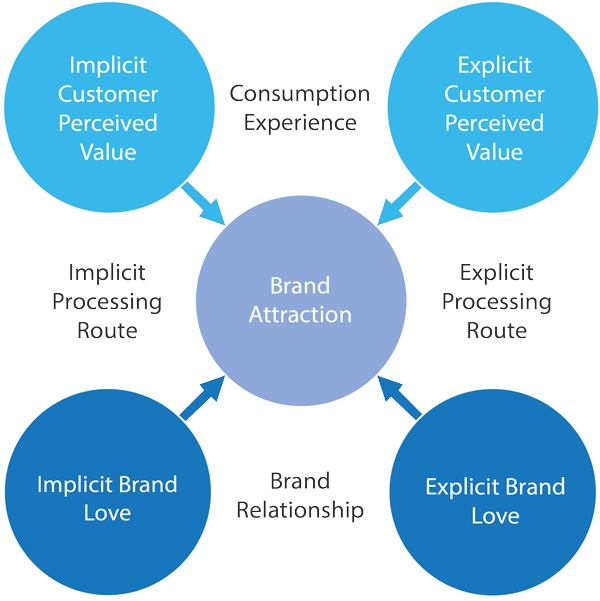
Branding and Business Growth
Strategic branding is instrumental in driving business growth and expansion. Here’s how branding insights can fuel growth:
Market Expansion: Leveraging Brand Equity
Once a brand has established a strong presence in its current market, expanding to new markets becomes a viable growth strategy. Brand insights help businesses understand the target audience in different markets, adapt their messaging, and ensure brand consistency while expanding.
Brand Extensions: Expanding Product/Service Offerings
Successful brands can leverage their existing brand equity to introduce new products or services. Brand insights help identify opportunities for brand extensions, ensuring that new offerings align with the brand’s values and resonate with the target audience.
Partnerships and Collaborations: Amplifying Brand Reach
Strategic partnerships and collaborations can help businesses amplify their brand reach and tap into new customer segments. By aligning with complementary brands or influencers, businesses can expand their visibility and gain access to new markets.
Nurturing and Evolving the Brand
Brands must evolve and adapt to remain relevant in a dynamic marketplace. Brand insights play a crucial role in nurturing and evolving the brand:
Brand Management: Protecting the Brand’s Integrity
To maintain a consistent brand image, businesses must implement brand guidelines and standards. Brand insights help monitor brand perception, gather customer feedback, and identify areas where the brand’s integrity may be compromised.
Brand Evolution: Adapting to Changing Consumer Needs
Consumer preferences and market dynamics evolve over time. Brands must stay relevant by adapting their strategies and messaging. Brand insights provide valuable data on shifting consumer needs, allowing businesses to evolve their brand positioning and offerings accordingly.
Brand Crisis Management: Safeguarding the Brand’s Image
Brand crises can occur unexpectedly, and how a brand handles them is crucial. Brand insights help businesses proactively manage and respond to crises, minimising reputational damage and rebuilding trust with their audience.
Conclusion
Brand insights are invaluable for businesses aiming to build strong and successful brands.
By understanding the foundations of branding, harnessing its strategic power, and leveraging insights for growth, businesses can cultivate strong brand equity, foster customer loyalty, and thrive in a competitive marketplace. Constant evaluation, adaptation, and management of the brand are essential for long-term success.
Ultimately, branding is not just a superficial facade; it is a strategic investment that has the power to shape perceptions, drive customer loyalty, and propel business growth.

